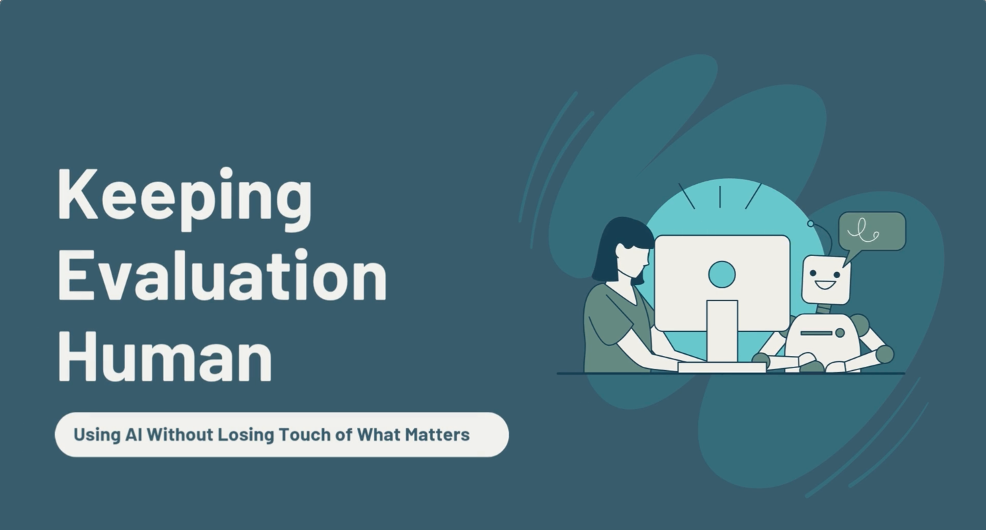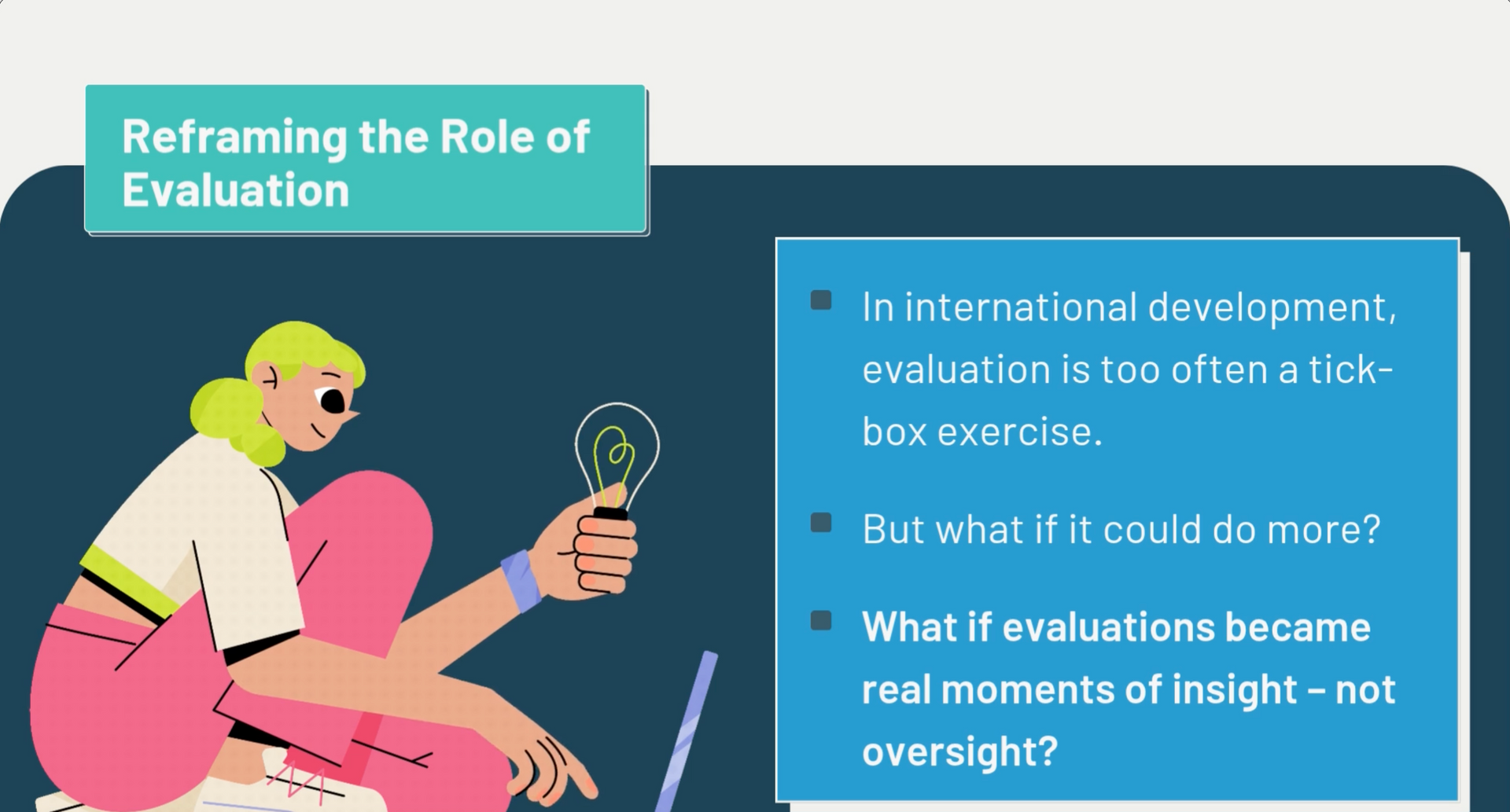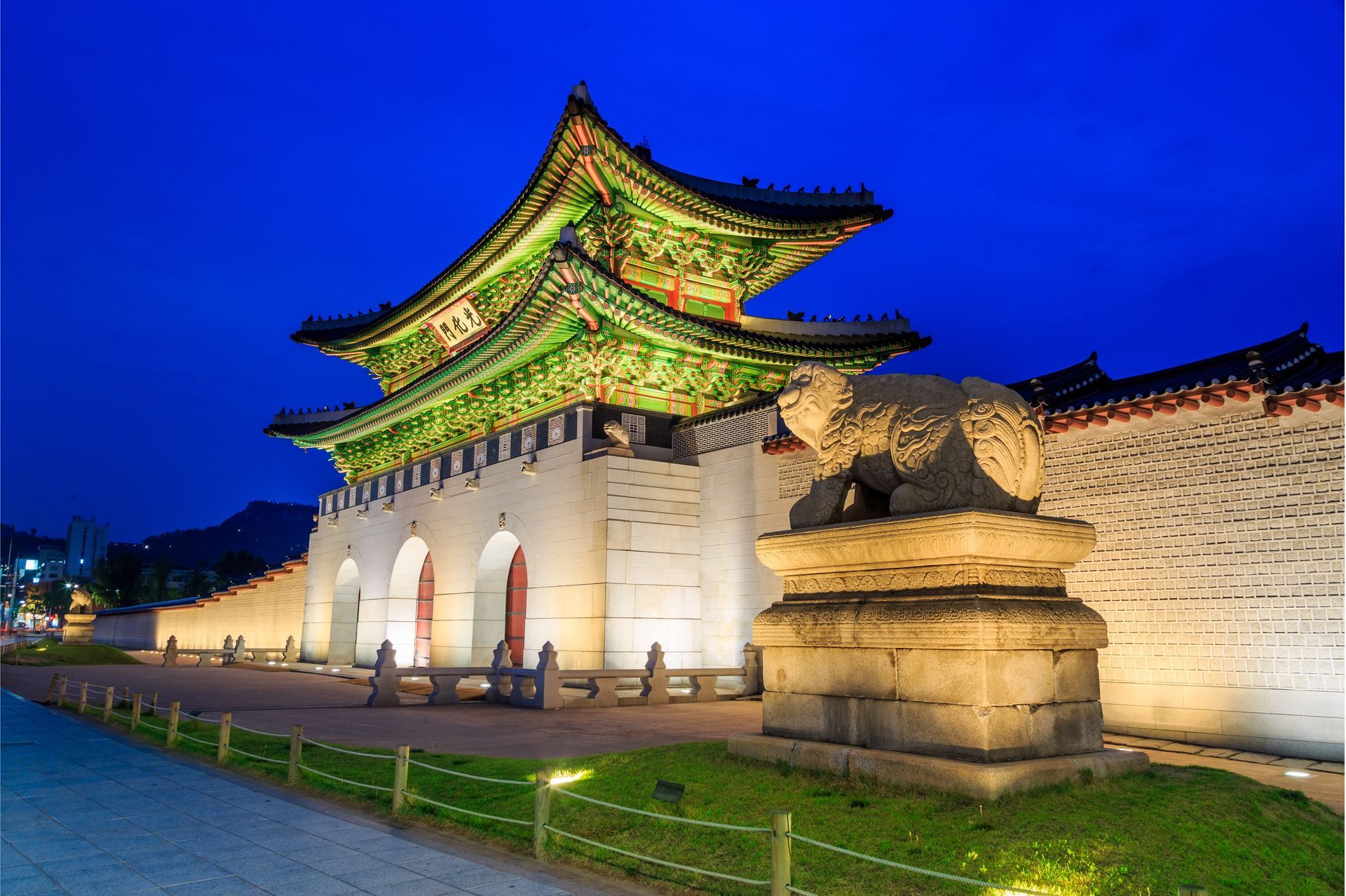The Global Resilience Partnership’s 2020-2024 Programme Cycle
A Formative Evaluation (2022)
In 2022, OpenCities and Malawi-based C12 Consultants undertook a formative evaluation of the Global Resilience Partnership’s 2020-2024 Programme Cycle to assess its progress toward set goals and interactions with partners and funders.
Over this period, the world has faced an increasing number of natural and manmade shocks, from the COVID-19 pandemic to the war in Ukraine, which has amplified GRP’s role in equipping vulnerable communities to persist, adapt, and transform in the face of crisis. Amidst these global challenges, GRP operate as a critical convenor and knowledge broker in the resilience space, and its mission to foster collaborative solutions seems more relevant than ever. The Evaluation conducted for GRP was thus designed for internal learning and aimed to provide them with insights that could help them reflect on its successes, challenges, and evolving direction.
The report came at an important time of internal change and reflection concerning GRP’s current trajectory, future ambitions, and organisational structure. GRP is navigating its transition into the third phase of its existence, aimed at balancing its incubator and funder functions with its convening and knowledge brokering ones. The extension of the reach of GRP’s activities and its influence made it an appropriate time to pause and reflect on the partnership’s direction. The report aimed to inform GRP’s many stakeholders as they continue to engage with these important discussions and transitions.
The Evaluation focused on four OECD DAC criteria: Relevance, Coherence, Effectiveness, and Efficiency. It sought to review GRP’s Theory of Change; assess initial results, with a focus on ‘how’ and ‘why’ these were achieved, including flexibility in working around COVID-19; and explore its collaborative actions with other actors operating in the resilience space. In so doing, it aimed to reflect openly, and honestly, on GRP’s work to date, and its strengths and weaknesses, in order to continue best fulfilling its Mission.
Recognising that GRP is a partnership, and that the Secretariat’s role is to add value to the existing work of partners through its convening role, a participatory approach with both the Secretariat and its partners was prioritised for this evaluation. This involved carrying out individual and group interviews with more than Secretariat members, donors, partners, and external stakeholders. It also included an extensive document review.




